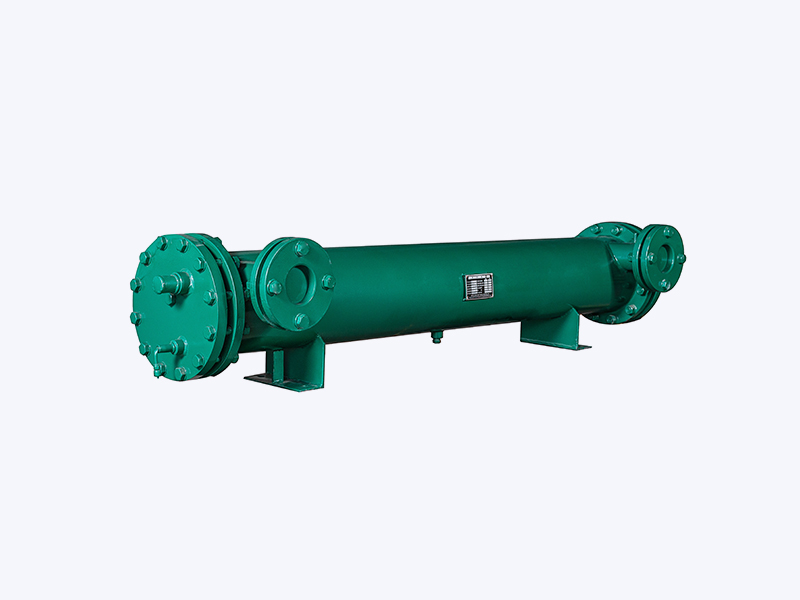Using a water-cooled condenser over an air-cooled condenser can offer several key advantages in specific applications:
Higher Efficiency: Water-cooled condensers excel in efficiency due to the inherent properties of water for heat transfer. The intimate contact between water and condenser surfaces ensures effective cooling, resulting in optimal performance for applications where precise temperature control and efficiency are paramount. This advantage is particularly crucial in industrial processes with stringent cooling requirements.
Energy Savings: The heightened efficiency of water-cooled condensers translates into tangible energy savings. In intricate processes or large-scale HVAC systems, the reduced energy consumption is a substantial economic benefit. Water-cooled systems operate more efficiently, requiring less energy to achieve the desired cooling effect. This advantage becomes increasingly significant in regions where energy costs are a significant operational consideration.
Space Efficiency: Water-cooled condensers offer a space-efficient solution, crucial in scenarios where available real estate is limited or expensive. Their compact design allows for versatile installations, making them suitable for urban environments or facilities where space optimization is a key consideration. This spatial efficiency enhances the overall flexibility in system layout and positioning.
Consistent Performance: Water-cooled systems provide a stable and consistent performance irrespective of external temperature variations. This stability is vital for applications where maintaining a constant operating temperature is critical for optimal functioning. Industries such as pharmaceuticals, laboratories, and semiconductor manufacturing rely on the dependable performance of water-cooled condensers for precise thermal control.
Quieter Operation: The inherently quieter operation of water-cooled condensers is attributed to the use of water as a cooling medium. In settings where noise reduction is a priority, such as residential or commercial areas, water-cooled systems present a distinct advantage. This makes them suitable for applications where minimizing noise disturbance is not just a preference but a regulatory requirement.
Longer Lifespan: The gentler cooling provided by water contributes to the prolonged lifespan of system components. Water-cooled condensers experience less thermal stress, reducing wear and tear on critical parts. This extended lifespan not only lowers maintenance costs over time but also enhances the overall reliability of the system, especially in industries with continuous and demanding operations.
Suitability for High Heat Loads: Water-cooled condensers are particularly well-suited for applications with high heat loads. Industries such as power generation, data centers, and manufacturing processes with elevated heat output benefit from the robust heat dissipation capabilities of water-cooled systems. This capability is crucial for preventing overheating and maintaining optimal system efficiency under demanding conditions.
Flexibility in Design: The design flexibility of water-cooled systems allows for tailored solutions to meet specific project requirements. Engineers can customize the configuration of water-cooled condensers to fit unique constraints, such as space limitations or integration with existing infrastructure. This adaptability is advantageous in complex installations where a one-size-fits-all approach may not be suitable.
Reduced Refrigerant Charge: Water-cooled systems often require a lower refrigerant charge compared to certain air-cooled systems. This is a significant environmental advantage, aligning with global efforts to reduce the impact of refrigerants on climate change. The reduced refrigerant charge contributes to sustainability goals and compliance with evolving environmental regulations.
Shell And Tube Water-Cooled Evaporator

Shell And Tube Water-Cooled Evaporator


 English
English عربى
عربى 简体中文
简体中文












